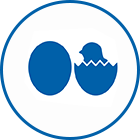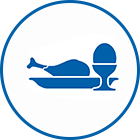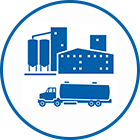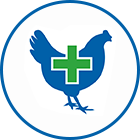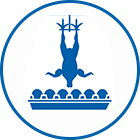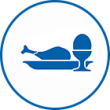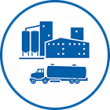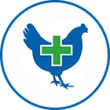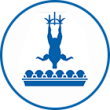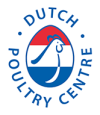Industry Leader Arie Tulp, CEO Marel Poultry: ‘Our smart solutions make the processing process less and less dependent on human decisions’
In the poultry processing industry, Arie Tulp is a familiar face, not only for The Netherlands, but for the whole world. For many years, he has worked for Marel Poultry in the capacity of sales and marketing director. He can therefore effortlessly explain in a few minutes how the global poultry processing market works. ‘The global demand for poultry meat continues to grow while the required resources, including personnel, cannot support this growth everywhere. More intelligent automation is therefore eminent to ensure the required growth and continuity of poultry meat production ,’ argues Arie Tulp.
How is the global poultry processing industry currently developing?
‘In terms of production, there is still global growth. But in terms of the number of companies, you see consolidation: more and more companies are expanding by taking over fellow companies, or by expanding their capacity with new construction or higher line speeds. On the other hand, new big players like Sama Karbala in Iraq are emerging. In that part of the world, industry automation is of course also developing. Worldwide, but certainly also in Europe, production is still increasing. In addition, especially in regions where people's incomes are rising quickly, such as some Asian countries, we also see changes in eating habits, including an increase in meat as a meal component. It's no surprise that the number of QSR restaurants in some Asian countries increase by two or three a week for years. All those restaurants obviously need to be supplied and that involves a lot of chicken meat.’
How can Marel respond to that?
‘With all the dynamics in broiler costs, it is important for our customers that the cost of the process is predictable and as low as possible and that the added value that can be created in a slaughterhouse is maximized at all times. This focus on costs and efficiency goes hand in hand with higher capacities, less labor and multiple shifts. The strong trend to obtain higher output from an often already existing infrastructure is taking place at a time when fewer and fewer people are willing to work in this industry. In a processing plant, certain skills and experience are still essential for achieving optimal performance and efficiency. As Marel, one of our goals is to make the process more predictable and less dependent on people. It's like a car engine: 40 years ago you had to check the oil every week, so to speak, but nowadays only the garage opens your bonnet once a year. We are working towards reducing human interference in the primary process, with everything running more and more independently and predictably. Until at some point you can turn off the lights in the factory and everything just keeps running, just like the engine of your car.
In the secondary process of a processing plant, we focus mainly on creating maximum added value. Here, our customers need to match the products with the demand from their market. Then flexibility is very important, because the end products can be different every day. We respond to this with Marel by offering intelligent automation and control. We enable our customers to manage the logistics complexity in such a way that most value is achieved, with as little waste as possible. That means good insight into production. That is not just some data collection, but digitized help that provides the necessary flexibility. In this way, we can help our customers' production management make better decisions with less possible stress.’
Is there a role for AI in the poultry process?
‘The secondary process still often requires smart people thinking about what products to make, what chickens are coming in and what “production recipes” are needed to get the best out of them. This is quite challenging, given the high line speeds and the wide range of different products that our customers need to produce daily. Our new ProFlow software tells our customers how best to set up the process for today or for the next hour, taking into account what base material is coming in and what products need to be made. These smart algorithms support our customers to easily decide what to do in a complex environment. Even the software can independently decide what is best for the process. Thus, ProFlow is indeed a first step in AI. We are adding intelligence to automation and we need less intelligence from humans. Those smart people can then be deployed in processes and roles for which automated intelligence is not available.’
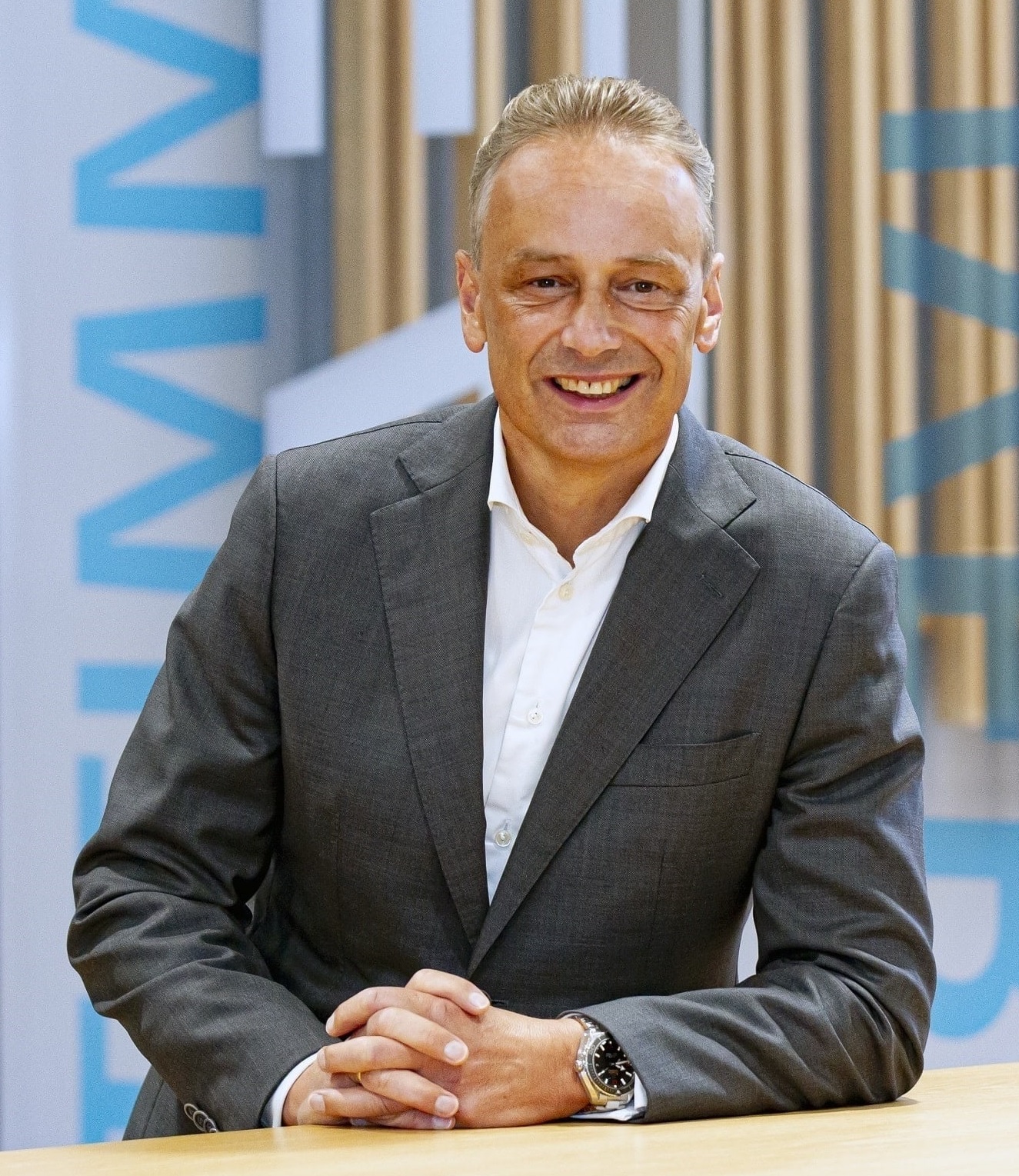
How sustainable is the poultry processing industry?
‘We are talking about food that you make from animals. If animals have to be slaughtered to make consumer products, we should at least make sure we don't waste anything and use everything the animal has to offer us. In our industry, that is perhaps the most important component of sustainability. It may sound strange, but sustainability, which is of course another word for future-proofing, is most assured when all stakeholders of our industry are well served in some balance; the consumers, the farmers, the staff, the shareholders and the environment. We seek to understand through our customers how Marel can continue to contribute to this by continuing to transform the way we process. Furthermore, we strive to keep reducing water and energy use per processed chicken with our solutions. Our AeroScalder, a scalding system that works with humidified hot air, saves 50% energy and 75% water , may have been a decade ahead of its time. But now that water and energy are becoming increasingly expensive, the time is ripe for it and we can see this in our customers' interest in this technology.’ And in order to properly purify the water, which is still required, and thus minimize the burden on the environment, Marel Water Treatment offers the perfect water purification systems, which are fully tailored to the meat processing industry.
Can you speak of an animal-friendly process?
‘With increasing consumer awareness about where our meat comes from, it is important to be transparent as a poultry processing industry. Moreover, more transparency usually also offers more opportunities to discover where the process can be improved.
When it comes to animal well-being, we have made great strides with our ATLAS system, which takes live animals from the barn to the processing plant. The aim is to fully preserve the quality of chickens that farmers have worked on during rearing during transport, and that is only possible if you are as animal-friendly as possible. The ATLAS system facilitates the most favorable conditions possible for the animals during loading, transport and unloading, so that damage and suffering can be avoided.’
What marks Marel's market leadership for you?
‘I am proud that, as long as we have existed, we have always shown new products at every VIV Europe and EuroTier exhibition that help our customers further improve their process and business. Our aim is to keep doing that. It is also a telling sign, that the majority of companies around the world are choosing Marel by an increasing percentage when it comes to greenfield projects and conversions. We see this as confirmation that we are well connected to the market. By staying connected in close collaboration with our customers, we are able to continue the execution of our vision: to transform the way food is produced so that our customers can continue to improve their business position in future-proof ways.’
